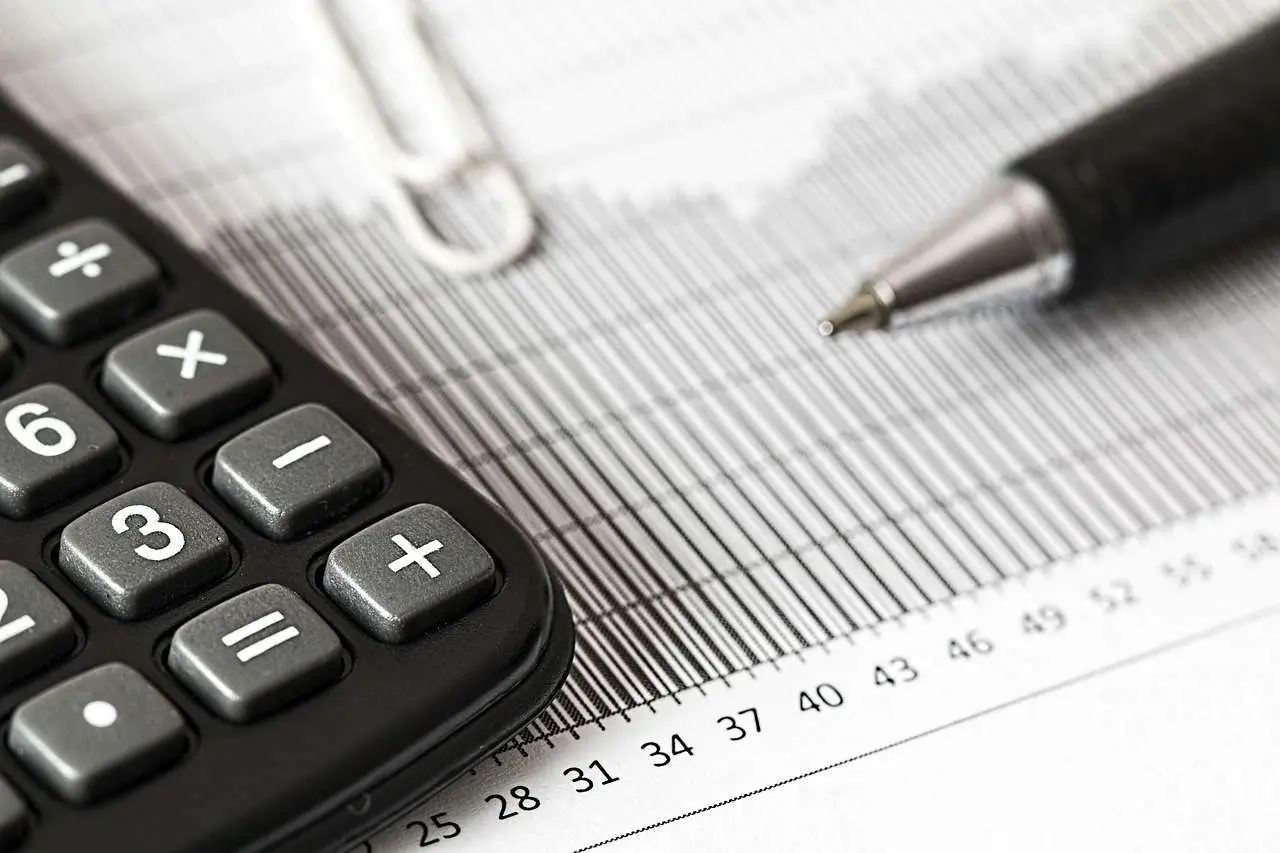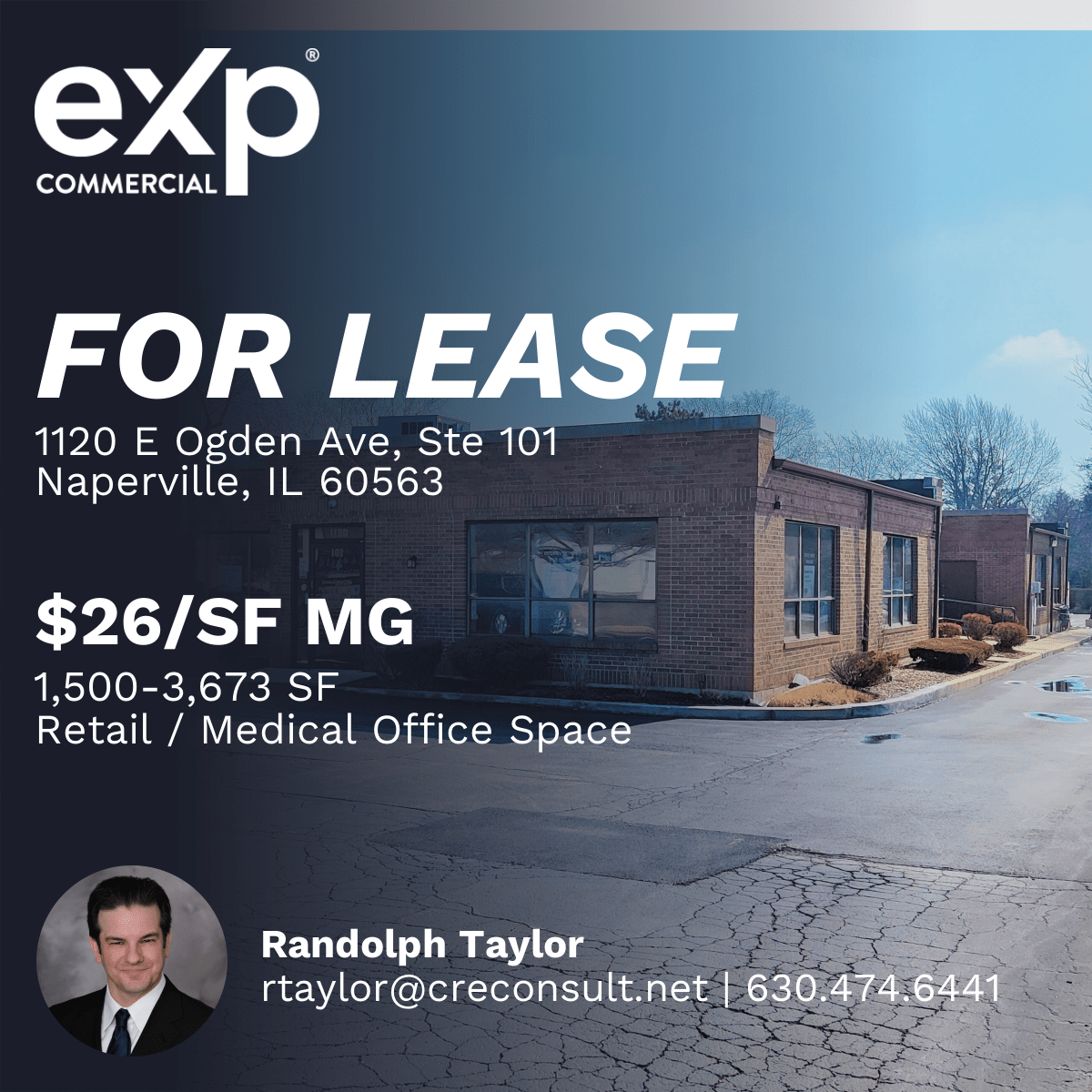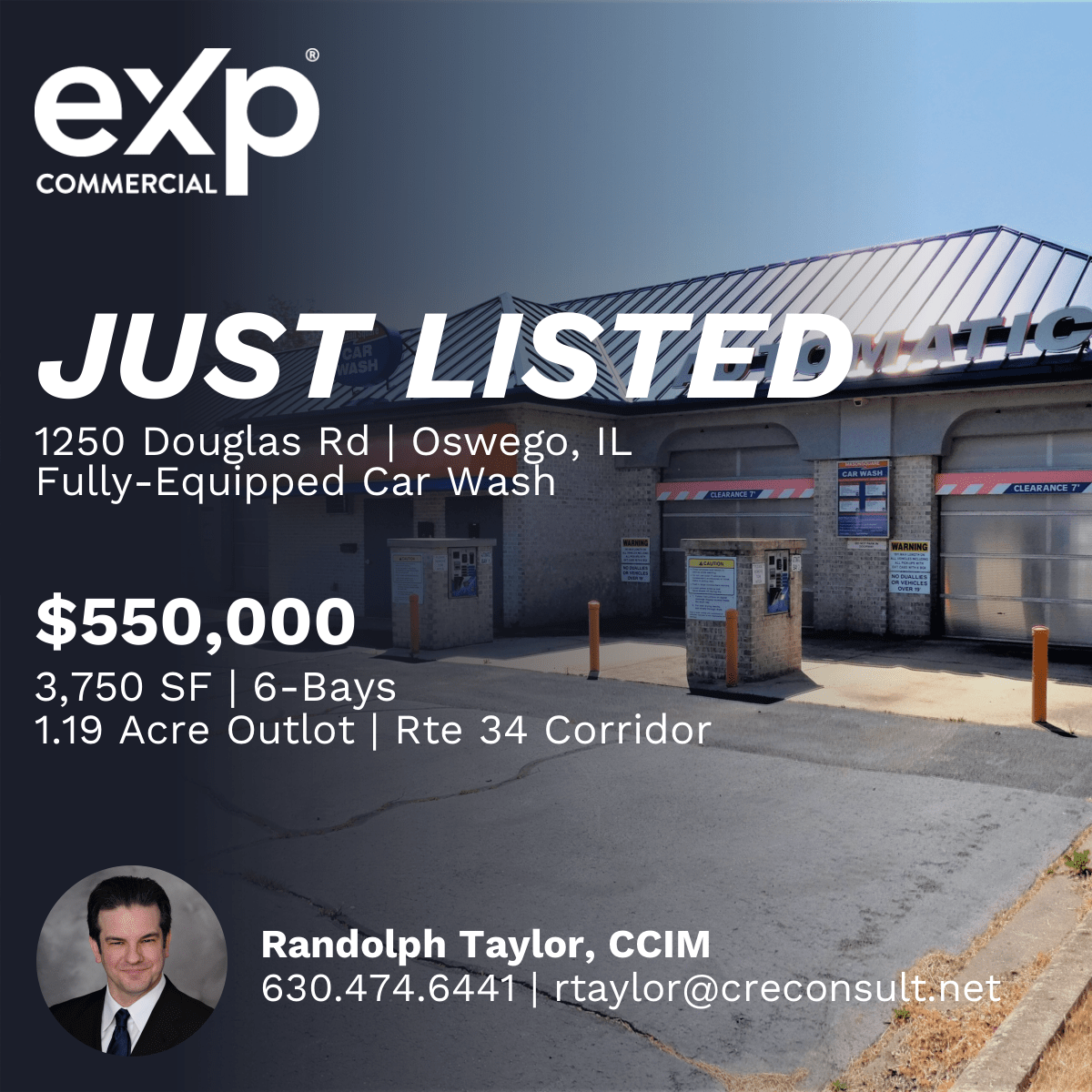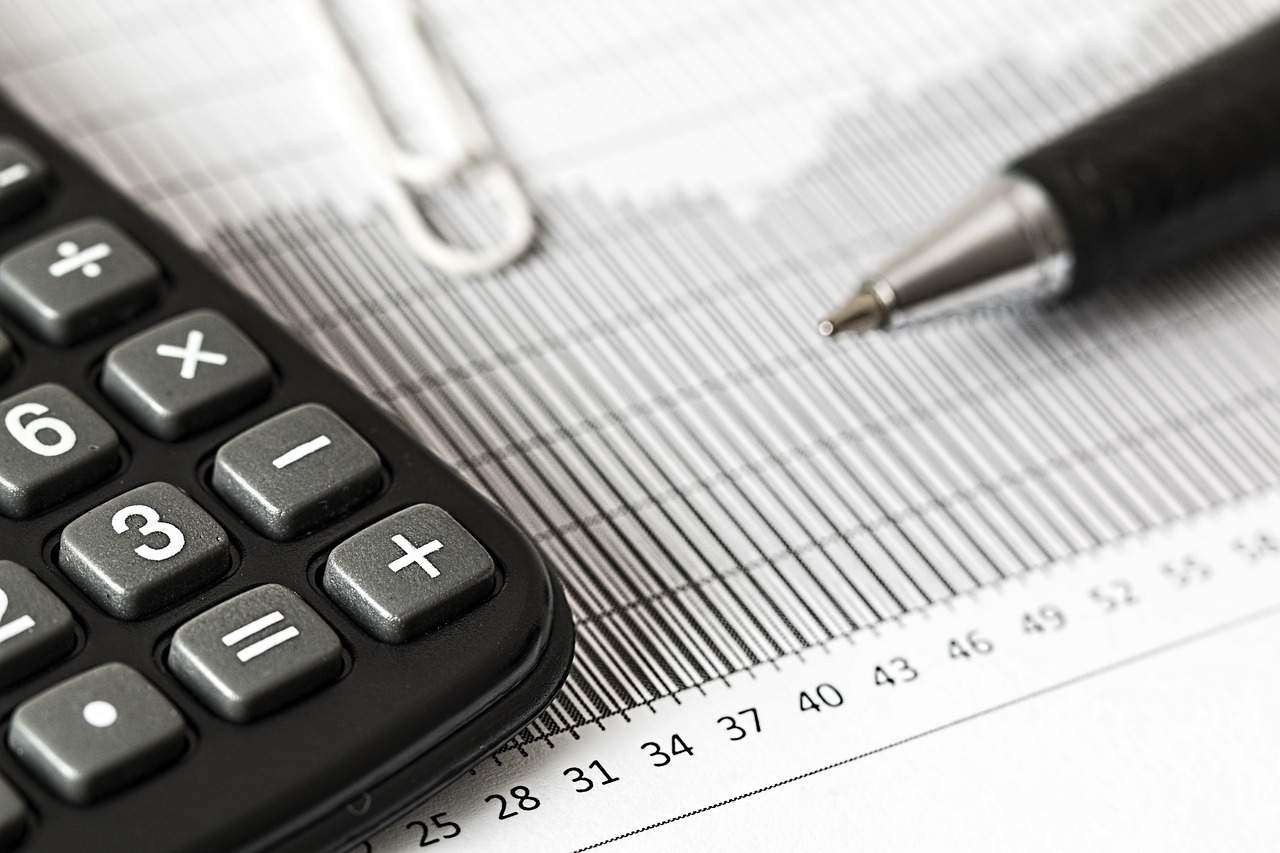
Are you thinking of selling a commercial income property? If so, it is important to calculate the correct tax basis to avoid higher capital gains tax when the property is sold. It is also necessary to determine the tax basis before you sell since the tax basis plays a role in determining depreciation.
In this blog, we’ll discuss the ins-and-outs of tax basis, also known as cost basis, then move on to how to calculate it, and finally, what it might mean to your bottom line.
What is Tax Basis?
Tax basis is the cost of the property paid in cash plus debt obligations or other property. It is determined by adding settlement and closing costs to the purchase price of the property.
According to the IRS, the following costs can be included when calculating tax basis:
- Abstract fees (abstract of title fees)
- Charges for installing utility services
- Legal fees (including title search and preparation of the sales contract and deed)
- Recording Fees
- Surveys
- Transfer taxes
- Owner’s title insurance
- Any amount the seller owes that you agree to pay, such as back taxes or interest, recording or mortgage fees, charges for improvements or repairs, and sales commissions.
On the contrary, the following costs cannot be included when calculating tax basis:
- Casualty insurance premiums
- Rent for occupancy of the property before closing
- Charges for utilities or other services related to occupancy of the property before closing
- Charges connected with getting a loan. The following are examples of these charges:
- Points (discount points, loan origination fees)
- Mortgage insurance premiums
- Loan assumption fees
- Cost of a credit report
- Fees for an appraisal required by a lender
- Fees for refinancing a mortgage.
The basis of your investment property can either go up or down, depending on various factors. Thus capital improvements increase the basis, while depreciation decreases the cost basis.
Without proper tax basis planning, you will end up paying double taxes …
Once for the adjusted basis minus the depreciation claimed while you owned the property, and a second time for the 25% depreciation recapture tax, which is the difference between the property’s depreciated value and its adjusted basis.
Depreciation in Relation to Tax Basis
The IRS allows CRE investors to deduct depreciation from a commercial real estate building, as well as any capital improvements made, but it does not include land as a depreciable asset. While there are benefits to depreciation deductions while you own an investment property, these deductions will result in a higher capital gains tax when the property is sold.
For example, if the value of the sold property is higher than its depreciated value, you will have to pay further depreciation recapture taxes (which is 25%, a bit higher than the usual capital gains tax which is 15–23.8%). In the case of a sale, you will have to be very mindful of planning the recapture taxes.
1031 Exchanges & Tax Basis
The benefit of the IRS’s 1031 exchange code is clear here, as it allows you to defer capital gains tax through a properly structured exchange. Capital gains taxes range from 15% – 23.8%, depending on your tax bracket.
When selling an investment property and buying another with a 1031 exchange, the basis of the old property is transferred to the new property. For example, if the original property was sold for $2,500,000 with an adjusted cost basis of $750,000, then $750,000 would be carried forward to the new property.
If the purchase price of the replacement property was $3,000,000, then your adjusted basis would now be the original cost basis ($750,000) plus the difference in price between the original property and the replacement property ($500,000).
The new tax basis is 1,250,000, and is referred to as “boot.”
Cost Basis Calculation
1. First, calculate all of the closing costs related to the purchase of the investment property. Then add that number to the original purchase price.
2. Next, deduct any lender fees, points, loan assumption fees, or mortgage insurance premiums from the above number, since the IRS does not allow them to be included as settlement costs when determining cost basis (see list above).
3. Then, calculate the amount spent on capital improvements. According to the IRS, capital improvements improve the value of the property. Examples include replacing a roof or HVAC system, adding on a wing or extending a portion of the property, or extensive interior renovations that allow you to add more tenants or increase space within a commercial property. They may also include:
-
- Changing a property’s use to a different use
- Rebuilding a property that has already “met its useful life”
- Replacing a major part of the property
- A repair that creates an increase in efficiency, productivity, or capacity
- Fixing a defect or design flaw
4. Finally, deduct the amount of depreciation that was claimed on the income property.
This final amount is now your adjusted cost basis.
When it comes to owning an investment property, be sure to keep all documents that pertain to repairs, improvements, or replacements, and use these documents to calculate depreciation and cost basis on a yearly basis. However, since knowing which expenses count as capital repairs can be complex, it is best to consult your accountant or tax professional.
To Wrap It Up – Understanding Tax Basis Can Preserve Thousands of Dollars in Capital
It is very important to know and adjust the tax basis of your commercial real estate property. If it is lower when selling or foreclosing the property, you will consequently have to pay higher capital gains tax. Whether you plan to sell or not, be precise with your cost basis calculation and consult with your financial advisors. A proper calculation can provide the most wealth-preserving advantages.
Source: The Complete Guide to Determining Tax Basis on Commercial Real Estate
https://www.creconsult.net/market-trends/the-complete-guide-to-determining-tax-basis-on-commercial-real-estate/







